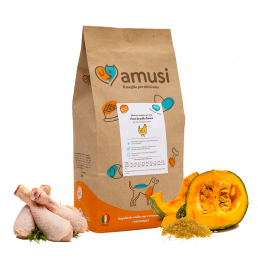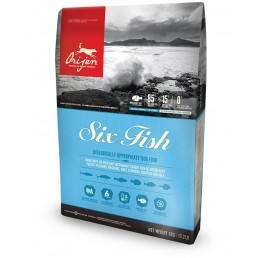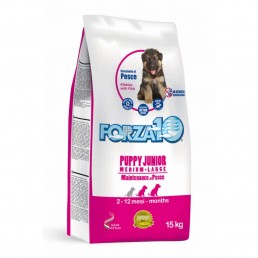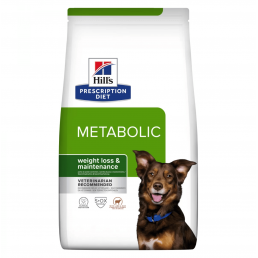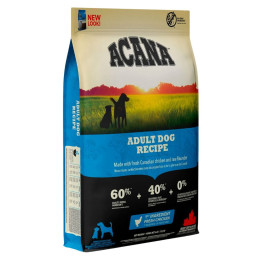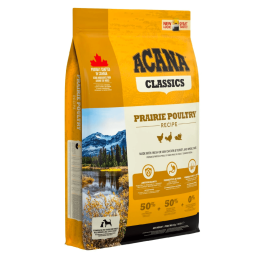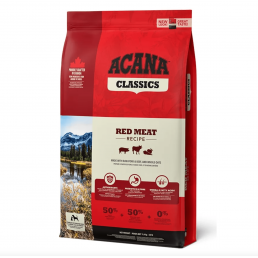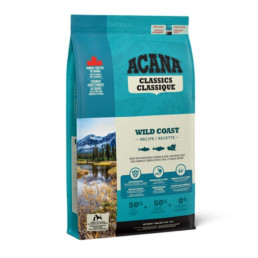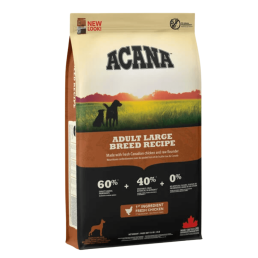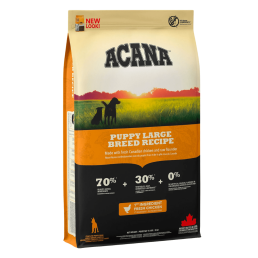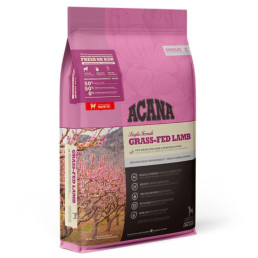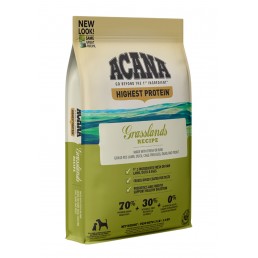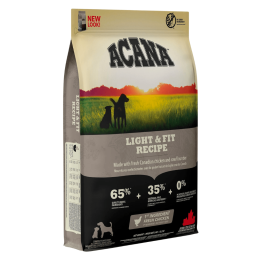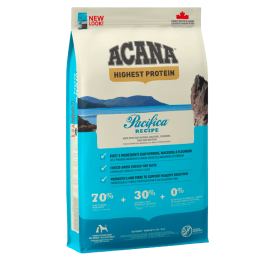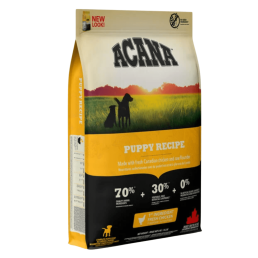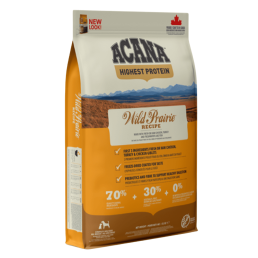Chiudi Filtri
Dog kibble and dry food: choose according to age, lifestyle and breed
At Paco Pet Shop you will find the best drydog food and dog k ibble on the market. The foods for sale are chosen for their nutritional properties and are selected from the best pet food brands. Each dog's diet must be studied in detail and depends on many variables: the dog's age (whether puppy, middle-aged or elderly), the dog's lifestyle (whether sedentary or accustomed to frequent movement and walking) and the dog's breed.
Other products in this category
Acana Adult Dog Recipe for Dogs
Acana Classics Prairie Poultry for Dogs





Acana Classics Red Meat for Dogs
Acana Classics Wild Coast for Dogs





Acana Dog Adult Large Breed Recipe for Dogs
Acana Dog Puppy Large Breed for Puppies
Acana Grass-Fed Lamb Recipe for Dogs





Acana Grasslands Recipe for Dogs





Acana Heritage Light & Fit for Dogs










Acana Regionals Wild Prairie for Dogs





How to choose a quality kibble for your dog
All dog kibble, even from the best brands, is processed for a long time before it takes on its final consistency. Therefore, even starting with natural, top-quality nutrients, the result will be a dry food that needs the addition of vitamins and minerals needed to replace what is lost during the processing route. A first important distinction is between premium and lower-quality foods, which are often made by processing production waste and adding dyes. To fully understand the quality of a dog kibble, the first thing to do is to focus on the label where the ingredients are listed in descending order by weight.
In some inexpensive products the percentage of meat contained in the kibble is no more than 4 percent of the total, while there are plenty of dry dog foods available that have a percentage of meat or fish protein close to 60, 70, 80 percent of the total. It becomes immediately apparent what the difference is at the nutritional level for our dog.
Why dog kibble must be high in protein
Dogs are carnivores and have developed over the centuries a digestive system adapted to assimilate meat, although they are not called "obligate carnivores" since they can vary their diet to other foods as well. However, this does not mean that vegetables and carbohydrates should be disproportionately present in the composition of kibble. Again, it is important to study the label well to assess the weight of the nutrients that make up our beloved four-legged friends' dry food.







